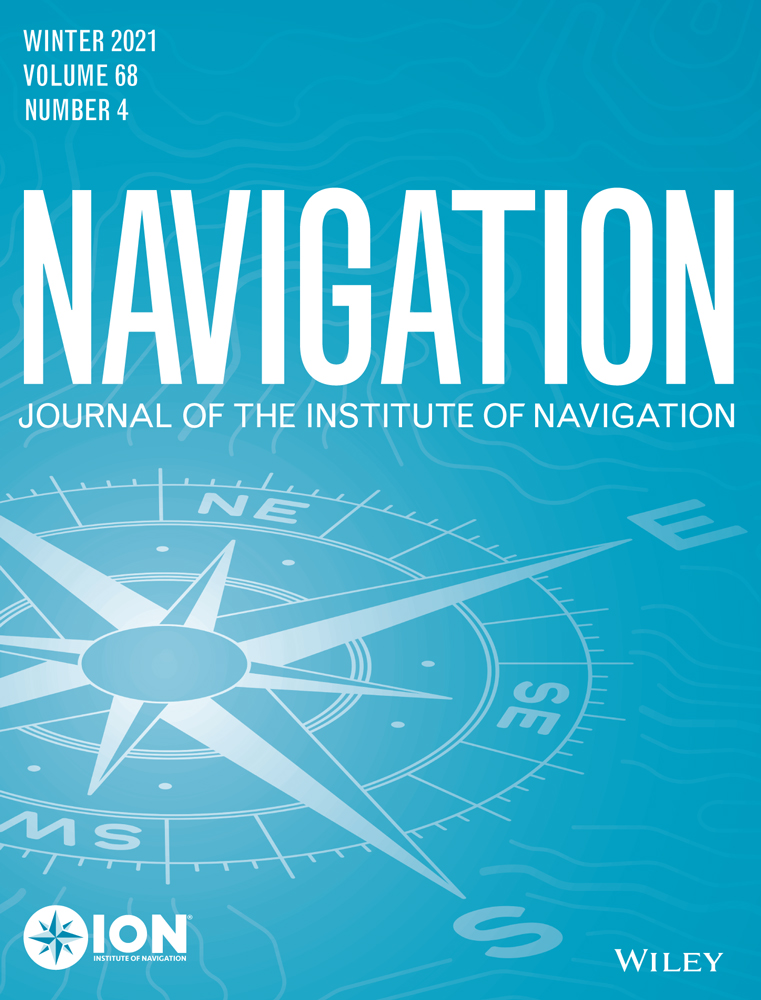Performance of the LAMBDA Method for Fast GPS Ambiguity Resolution
ABSTRACT
This paper provides an overview of the Least-squares AMBiguity Decorrelation Adjustment (LAMBDA) method for the estimation of integer GPS ambiguities. The method's performance is discussed, together with the theoretical concepts on which it is based. The method is based on the integer least-squares principle and requires no application-dependent restrictions or assumptions. The actual integer estimation is preceded by a decorrelation step in order to make it more efficient. Especially for short time spans, a large gain in efficiency is obtained. The decorrelation of the ambiguities enables one to refrain from any approximation as far as the shape of the search space is concerned; i.e., the search is performed within the ellipsoidal space induced by the covariance matrix of the float ambiguities. The decorrelated ambiguities also make it possible to scale the search space such that, to a large degree of accuracy, it contains only the k best vectors of integer ambiguities.




